UK ISP Sky Broadband Expects Strong Progress in IPv6 Rollout
Customers of Sky Broadband will soon start to see the Internet Protocol v6 (IPv6) addressing standard being enabled on their connections as the ISP begins to progress beyond last year’s large scale trials, with the final firmware update for Sky’s routers likely to be rolled out during Q1 – Q2 2016.
At present the adoption of level of IPv6 among end-users in the United Kingdom is still rather low, although it’s rising fast and that’s in no small part thanks to the trials being conducted by big ISPs like BT and Sky Broadband (here). BT in particular expect to complete their IPv6 deployment by December 2016 (here).
Back in August 2015 the actual level of IPv6 deployment in UK networks stood at about 22.55% and yet only 0.5% of end-users were actually using it on their connections, but by January 2016 the network adoption had grown to 27.84% and some 2.59% of end-users were now actively able to use IPv6.
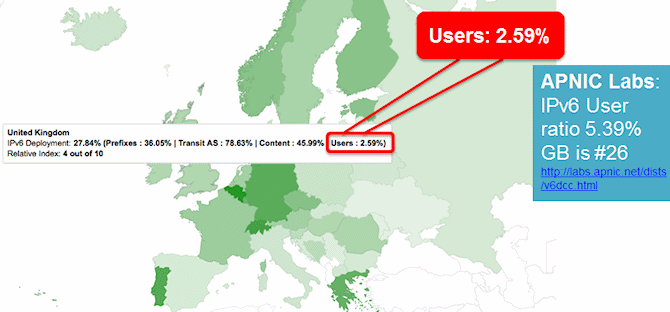
A big chunk of the above progress occurred because Sky Broadband was ramping up their customer trials of IPv6, with a huge push occurring around late September 2015. At the time Sky communicated to ISPreview.co.uk that they had over 1 million staff and customers live on their trial and would continue to test it over the course of this year.
Sky’s Residential IPv6 Service Highlights
* Native Dual-stack service
* PPPoE and IPoE, with link-local WAN addressing only
* Single /56 allocated to CPE via DHCPv6 PD
* SLAAC running on CPE LAN for address assignment
* Stateless DHCPv6 for DNS info
* IPv6 firewall (RFC 6092)
The impact that Sky’s trial has had on their network was also illustrated as part of yesterday’s UK Network Operators’ Forum (UKNOF) event, which gives some context to the scale of their deployment (slides here). In fact it becomes difficult for us to call this a “trial” when it is able to reach quite so many of their subscribers.
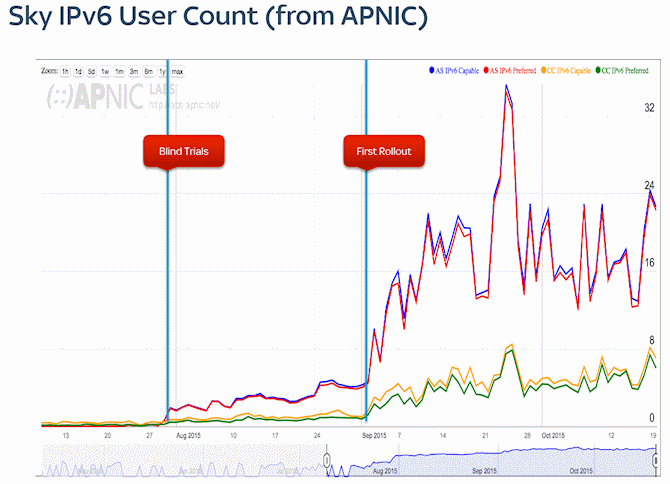
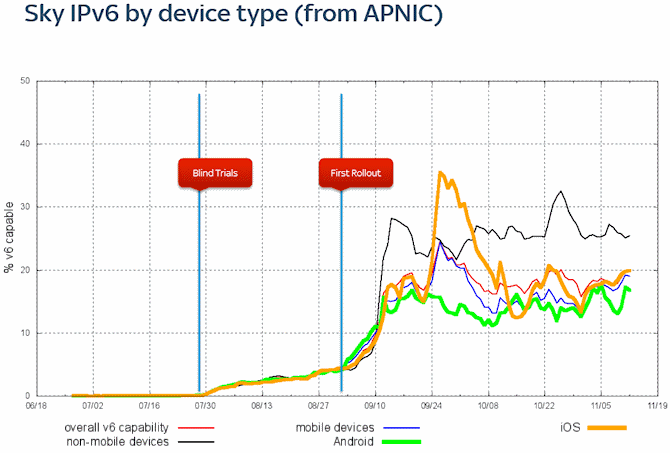
The plan now appears to be for Sky to begin pushing out their final CPE (i.e. SkyHub / Sky Router) firmware updates during Q1 2016, with bulk enablement for existing subscribers occurring during the spring (Q2). After that Sky expressed their expectations as follows.
Sky’s Expected Outcome
• 92% IPv6 target for H1CY2016
– Will improve with time, but will exceed 5m subscribers
– More than 1.5Tbps IPv6 traffic delivered to subscribers
• 3% CPE too old
– Normal hardware replacement and churn will fix this
• 3% technology problems
– Old platforms will be retired
• 2% on non-Sky CPE
– Not officially supported, though some proven to work
It’s interesting to note that a tiny proportion of Sky’s “old platforms will be retired“, although at this stage we’re not entirely sure whether this is a reference to Sky’s own internal kit or customers who are using some of their earliest routers from many years ago. In any case it would be simple enough for Sky to swap old for new.
Similarly Sky touches on the issue of customers who have chosen to break out of Sky’s control and use their own third-party routers (note: this doesn’t just apply to former BE/O2 Pro subscribers), although we might reasonably assume that anybody with the ability to do that is probably already aware of the IPv6 issue and can adapt or already have supporting kit.
So why IPv6? In case you’ve been living under a rock, all of the big home broadband ISPs still assign an IPv4 (Internet Protocol Version 4) address to your connection each time you go online, which looks a bit like this: 84.123.12.5 (yours will have a different number). It’s kind of like the Internet equivalent of a phone number for your connection, which helps your hardware and software to communicate with remote servers.
The problem is that new IPv4 addresses are no longer being distributed (they ran out) and so the whole system will eventually need to be moved over to the new IPv6 standard (example address: 2001:cdba::2257:9652), which are longer / more complicated by design and thus aren’t likely to run out any time soon (understatement).
However IPv6 still requires ISPs to adopt an expensive dual-stack network so that both IPv4 and IPv6 addresses can communicate (i.e. they’re not directly compatible). At present most of the big ISPs still have enough spare IPv4 addresses to keep them going for a few years, but those won’t last forever and thus ISPs are making sure they’re prepared.
Admittedly there’s no escaping the fact that, as the Internet moves over to IPv6, there will continue to be a need for IPv4 addresses because it will take many years to completely add full IPv6 support into all active hardware and software. In that sense IPv4 addresses will continue to exist for years to come, although there will eventually come a day when we can finally bid them farewell.
Mark is a professional technology writer, IT consultant and computer engineer from Dorset (England), he also founded ISPreview in 1999 and enjoys analysing the latest telecoms and broadband developments. Find me on X (Twitter), Mastodon, Facebook and Linkedin.
« UK Rural Broadband Satellite Subsidy Scheme Gets Off to a Slow Start
Latest UK ISP News
- FTTP (5513)
- BT (3514)
- Politics (2535)
- Openreach (2297)
- Business (2261)
- Building Digital UK (2243)
- FTTC (2043)
- Mobile Broadband (1972)
- Statistics (1788)
- 4G (1663)
- Virgin Media (1619)
- Ofcom Regulation (1460)
- Fibre Optic (1394)
- Wireless Internet (1389)
- FTTH (1381)


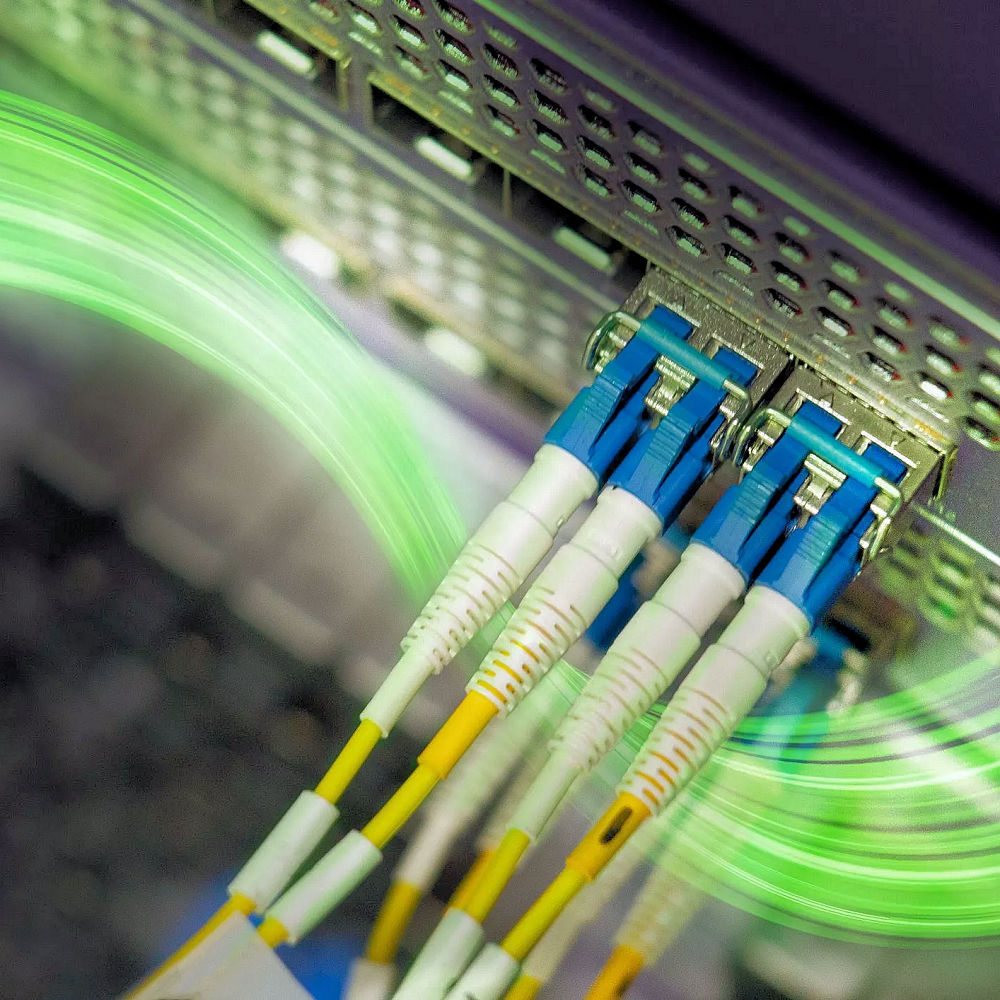
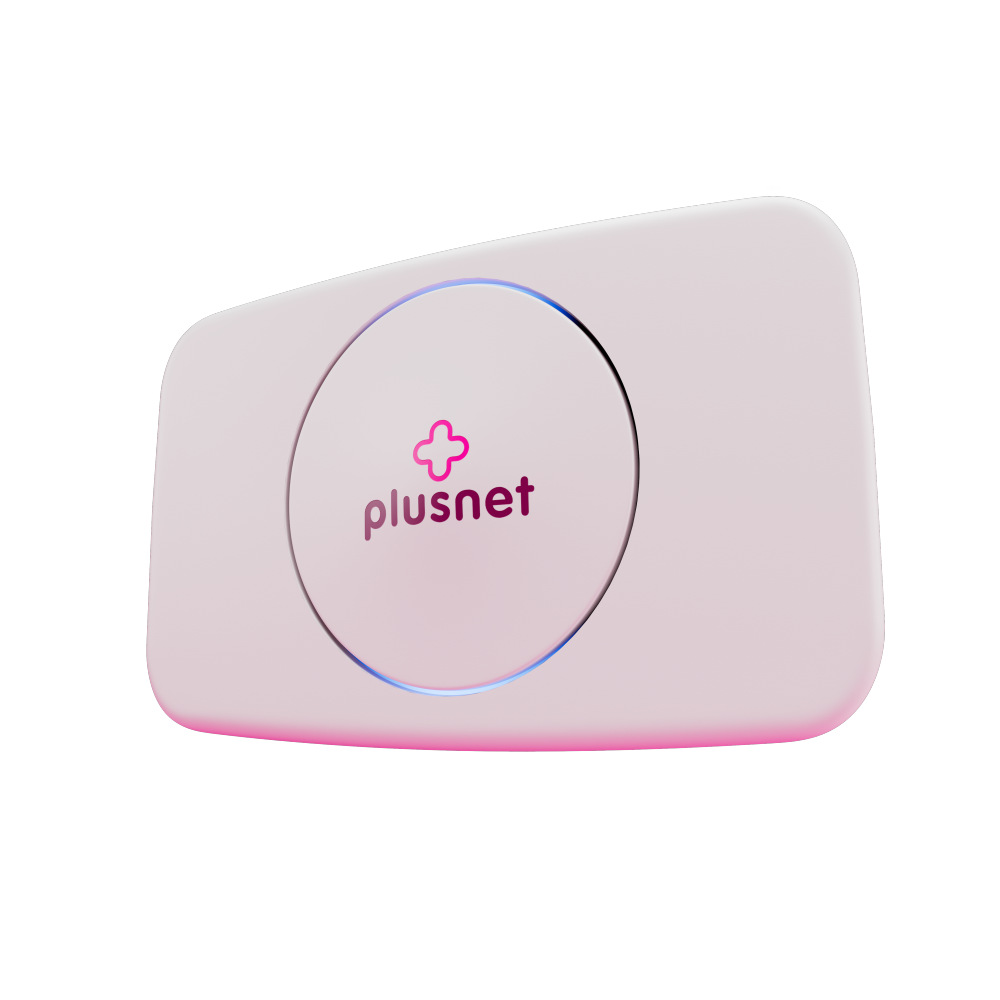
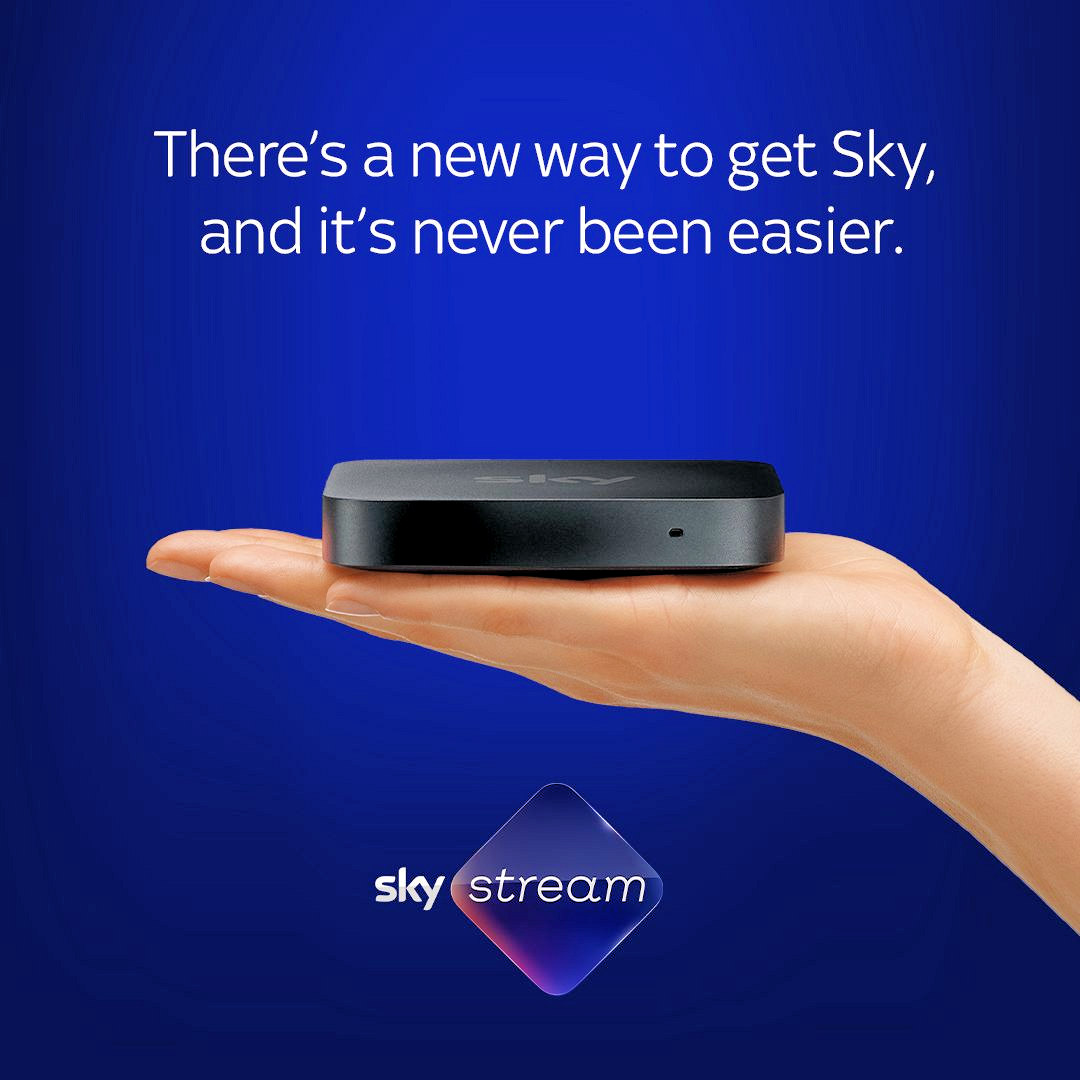
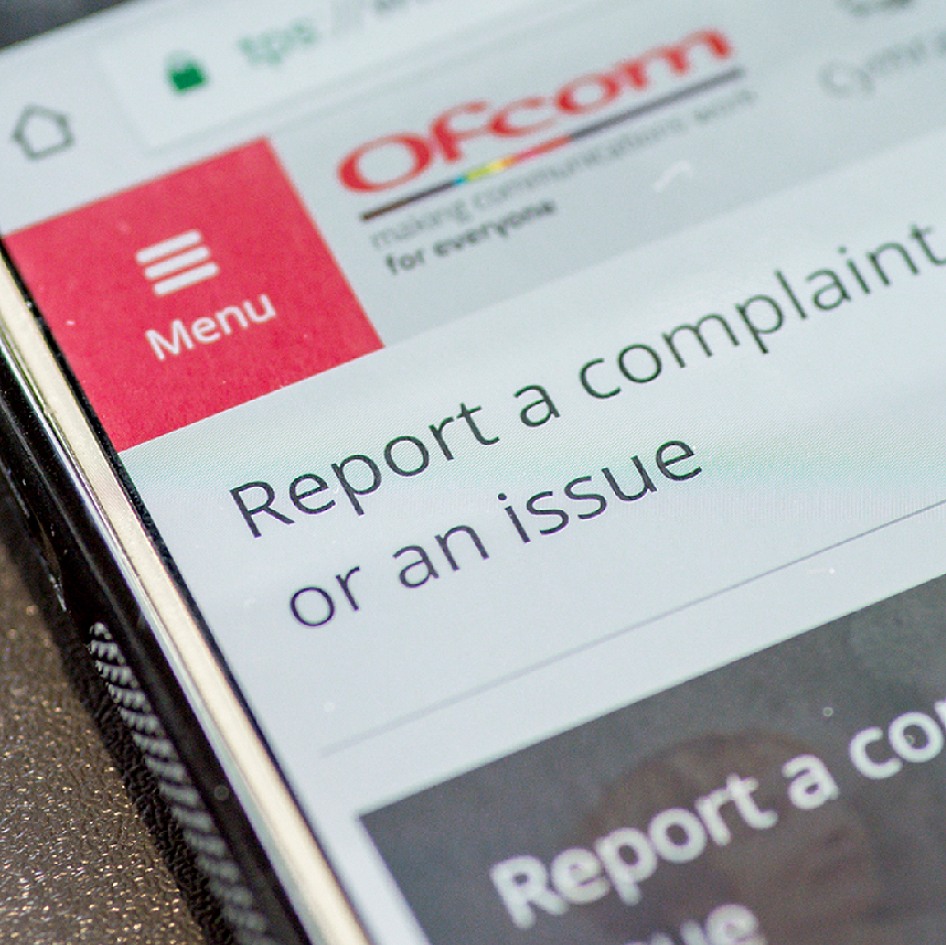















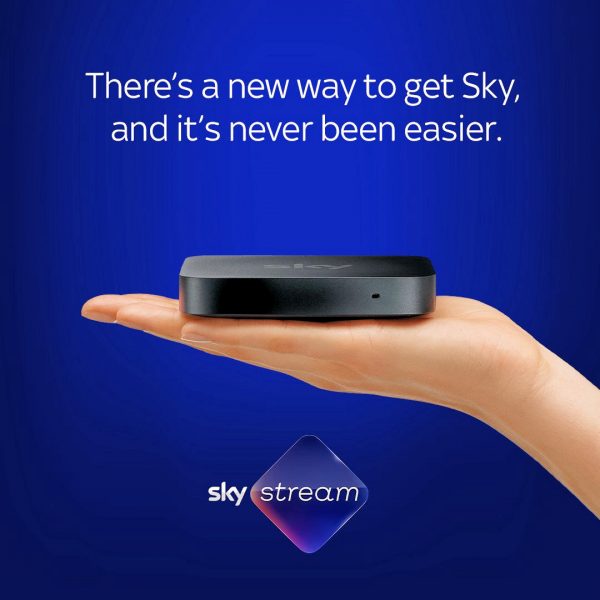


































Comments are closed